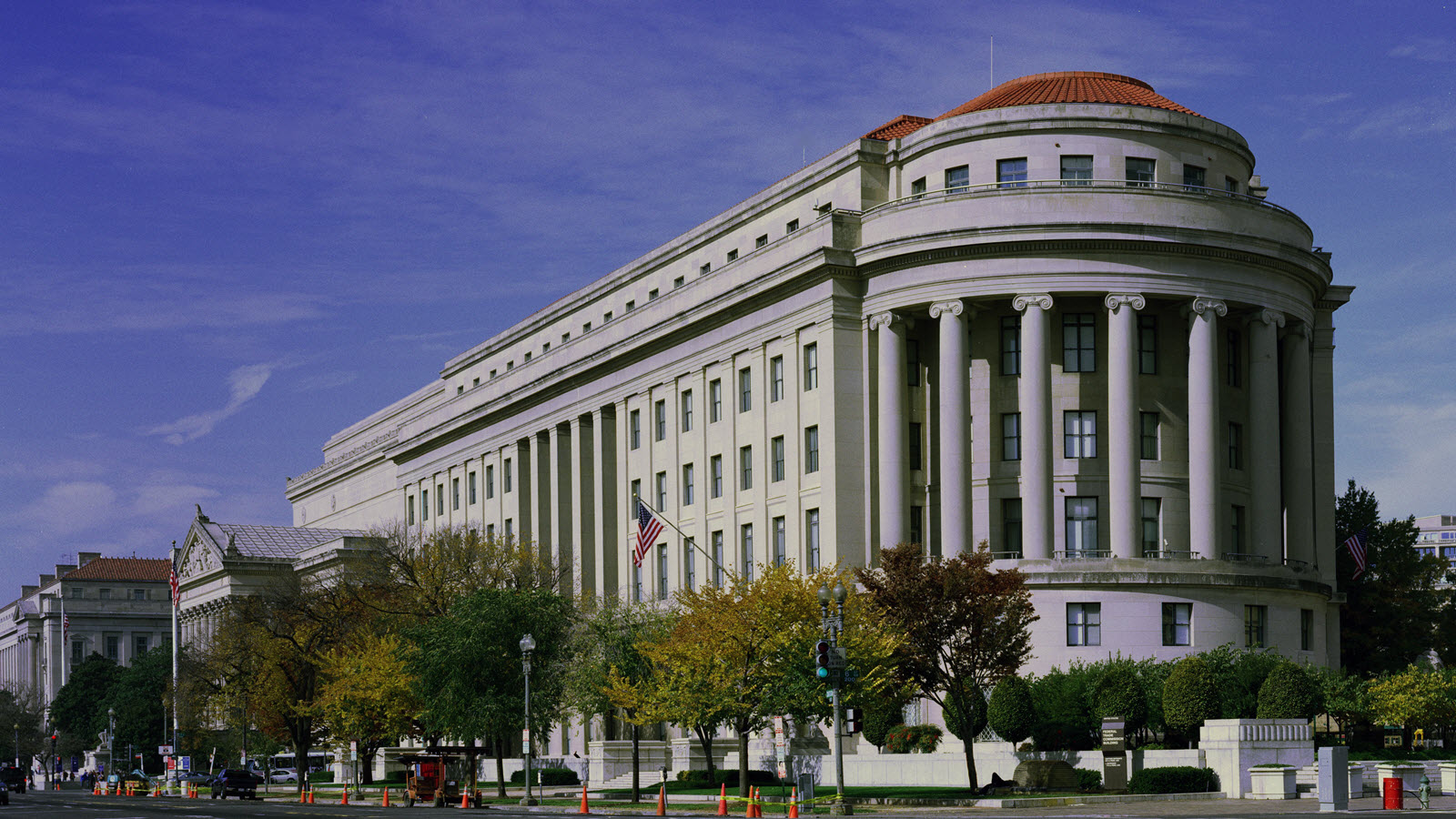FTC Seeks ISP Info on Data Handling, Disclosure

The smarter way to stay on top of broadcasting and cable industry. Sign up below
You are now subscribed
Your newsletter sign-up was successful
The Federal Trade Commission wants to study how broadband companies "collect, retain, use, and disclose information about consumers and their devices." The vote to issue the orders was 5-0.
While ISPs have been pointing out that The Edge basically operate in a regulation-free zone when it comes to how they handle user info, the FTC Tuesday (March 26) said it has issued "orders" to seven ISPs, AT&T, AT&T Mobility, Comcast (Xfinity), Google Fiber Inc., T-Mobile US Inc., Verizon, and Cellco Partnership (Verizon Wireless)" to get a handle on how they handle that info.
It is not an investigation, but a sort of fact-finding mission by an agency that has found itself overseeing broadband practices and wants to get a better handle on what those are.
Related: Net Neutrality Rule Restoration Bill Clears First Hurdle
With the reclassification of ISPs as Title I information services in the Restoring Internet Freedom (RIF) order, the FTC has oversight of both broadband ISP and Edge provider information practices, including enforcing ISPs disclosures about their business practices.
"The FTC is initiating this study to better understand internet service providers’ privacy practices in light of the evolution of telecommunications companies into vertically integrated platforms that also provide advertising-supported content," the FTC said. "Under current law, the FTC has the ability to enforce against unfair and deceptive practices involving internet service providers."
The FTC has been under some pressure from Capitol Hill Dems to get a handle on the disclosure requirements the FCC put in that RIF order.
The smarter way to stay on top of broadcasting and cable industry. Sign up below
The FCC continues to oversee the handling of user information for traditional cable service.
Among the input the FTC wants:
"The categories of personal information collected about consumers or their devices, including the purpose for which the information is collected or used; the techniques for collecting such information; whether the information collected is shared with third parties; internal policies for access to such data; and how long the information is retained;
"Whether the information is aggregated, anonymized or deidentified;
"Copies of the companies’ notices and disclosures to consumers about their data collection practices;
"Whether the companies offer consumers choices about the collection, retention, use and disclosure of personal information, and whether the companies have denied or degraded service to consumers who decline to opt-in to data collection; and Procedures and processes for allowing consumers to access, correct, or delete their personal information."
“Our customers’ privacy is important to us, and the FTC plays a critical role in privacy regulation," said AT&T in a statement. "In fact, we continue to support comprehensive federal legislation to protect consumers’ data throughout the internet ecosystem, and the FTC is the logical agency to enforce that legislation. If the FTC has any questions for us, we will respond appropriately.”
“We welcome this step by the Federal Trade Commission to examine broadband providers’ privacy practices," said an FCC spokesperson. "It could not have occurred without the FCC’s Restoring Internet Freedom Order, and the FTC’s focus on the evolution of broadband providers into ‘vertically integrated platforms that also provide advertising-supported content’ highlights the advantages of having a single agency able to police the entire Internet ecosystem with respect to the important issue of privacy.”
Contributing editor John Eggerton has been an editor and/or writer on media regulation, legislation and policy for over four decades, including covering the FCC, FTC, Congress, the major media trade associations, and the federal courts. In addition to Multichannel News and Broadcasting + Cable, his work has appeared in Radio World, TV Technology, TV Fax, This Week in Consumer Electronics, Variety and the Encyclopedia Britannica.

